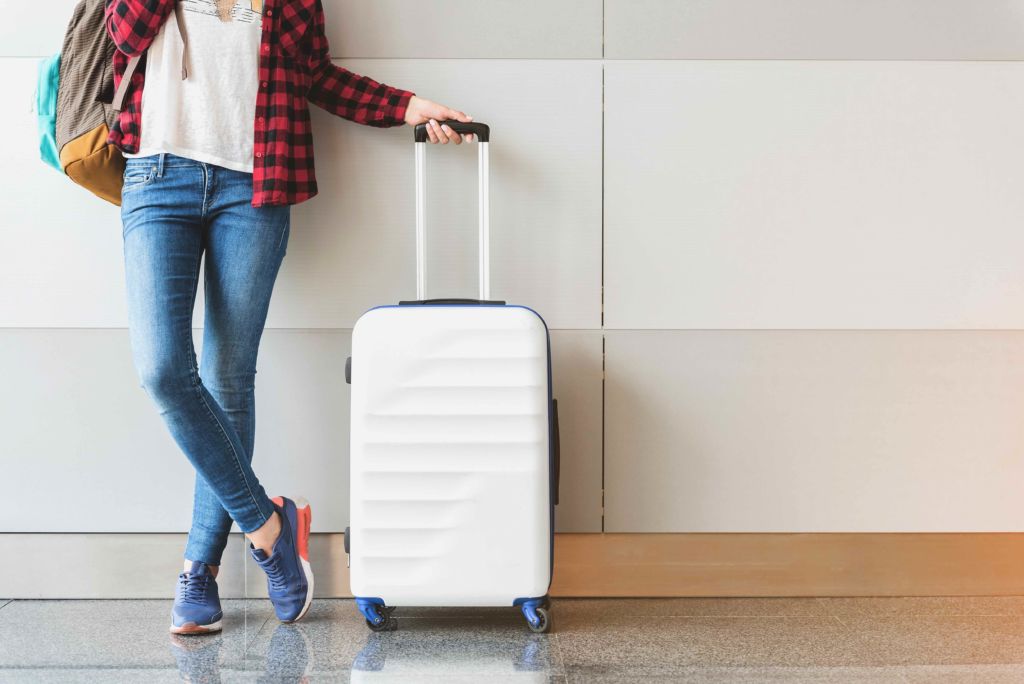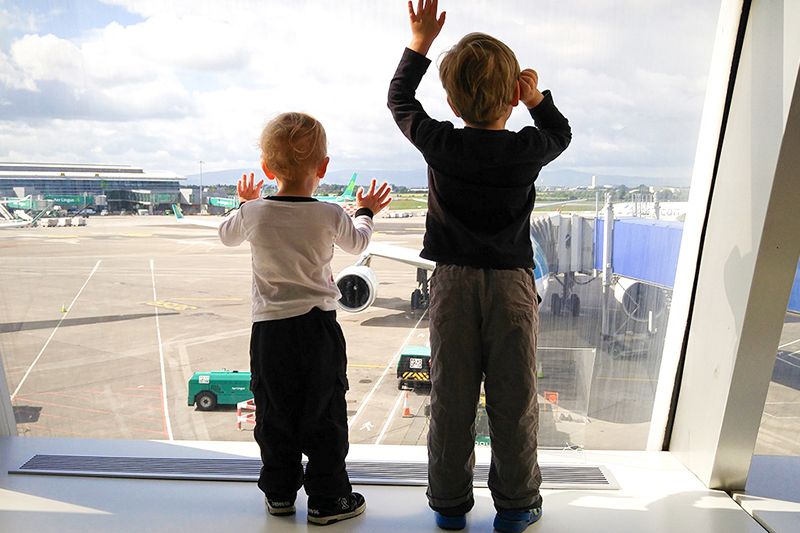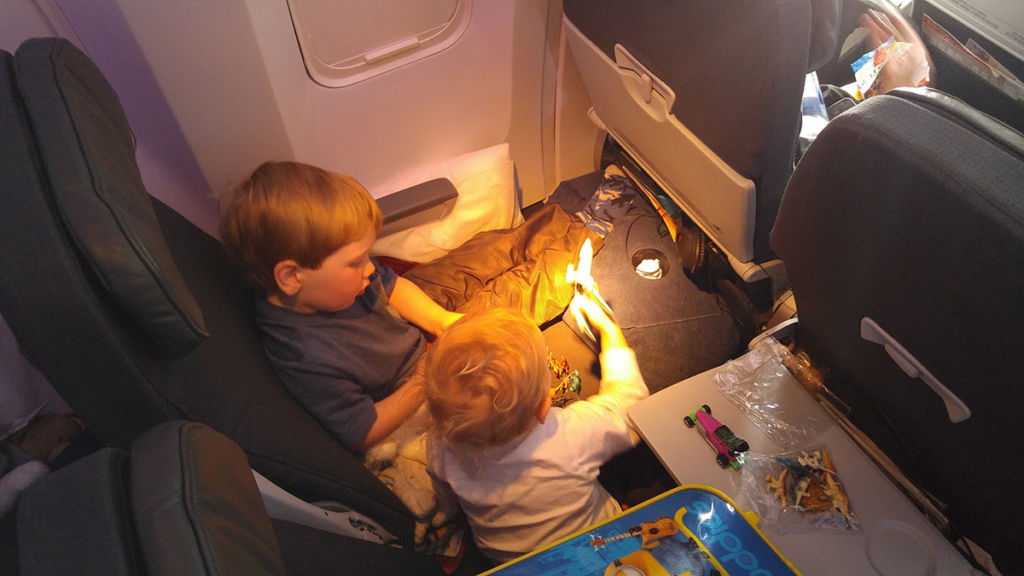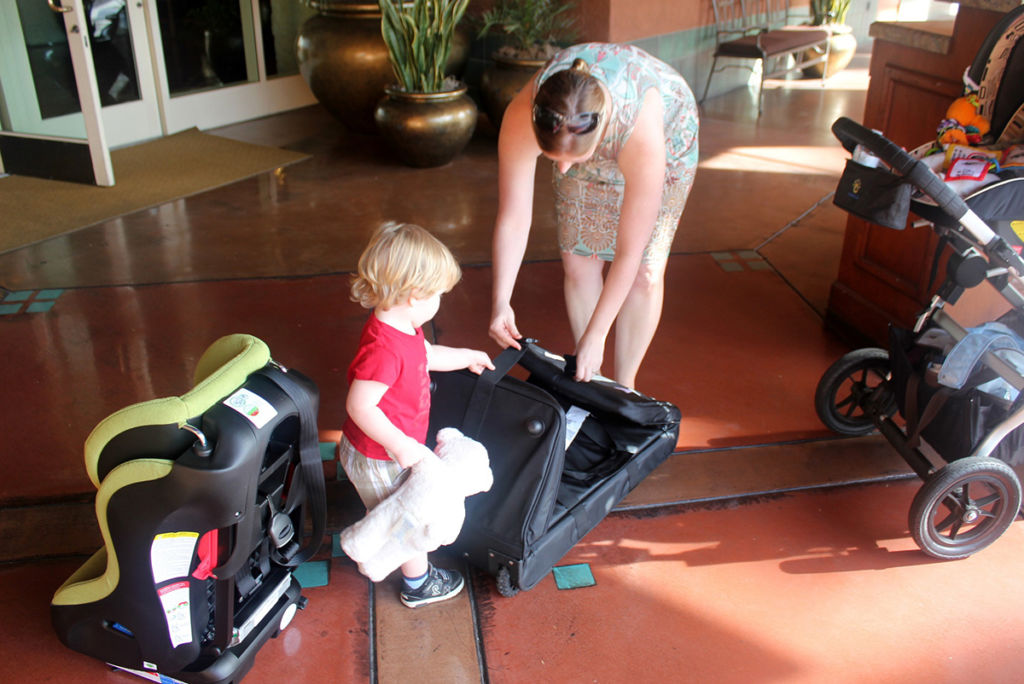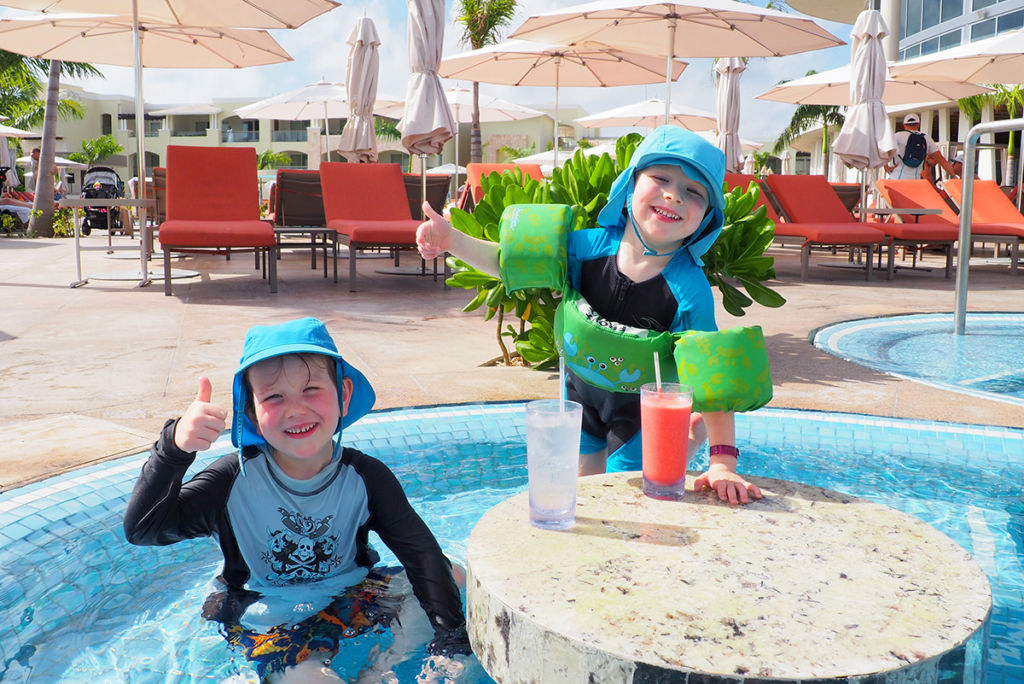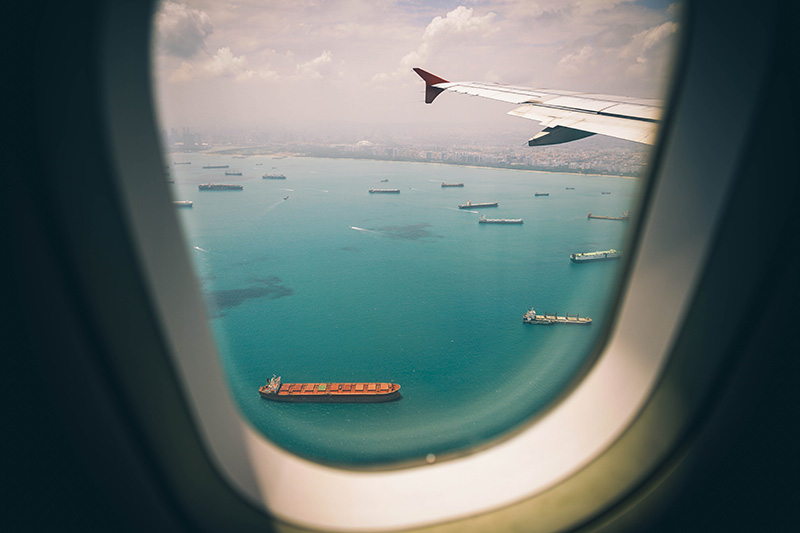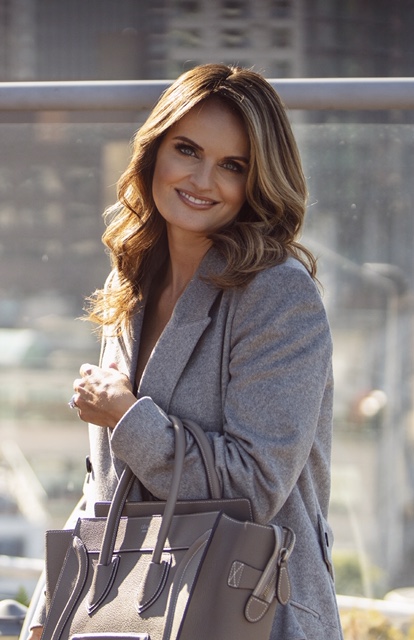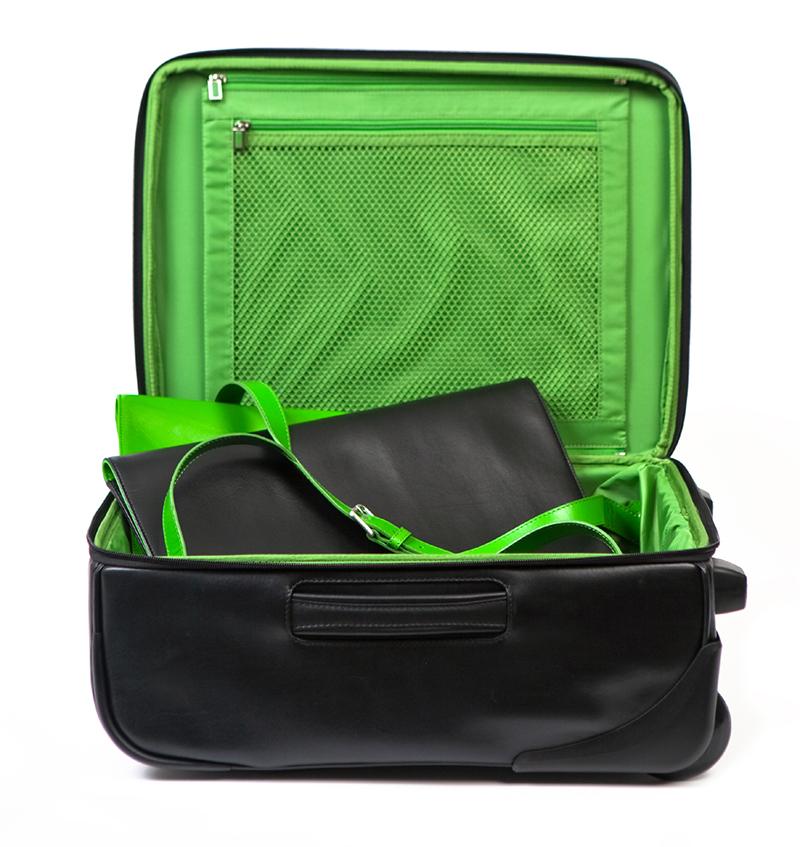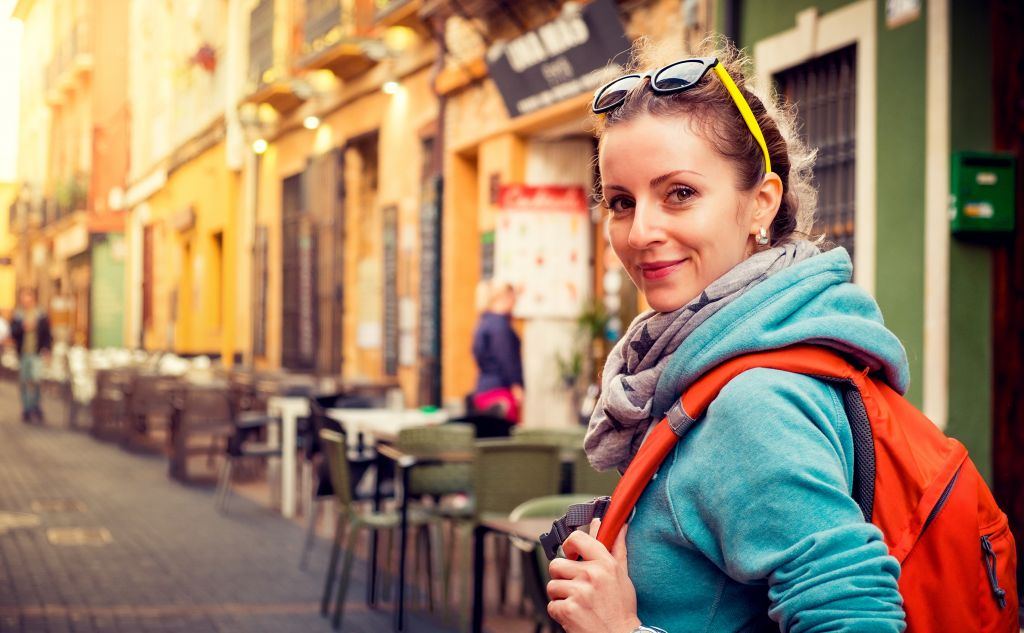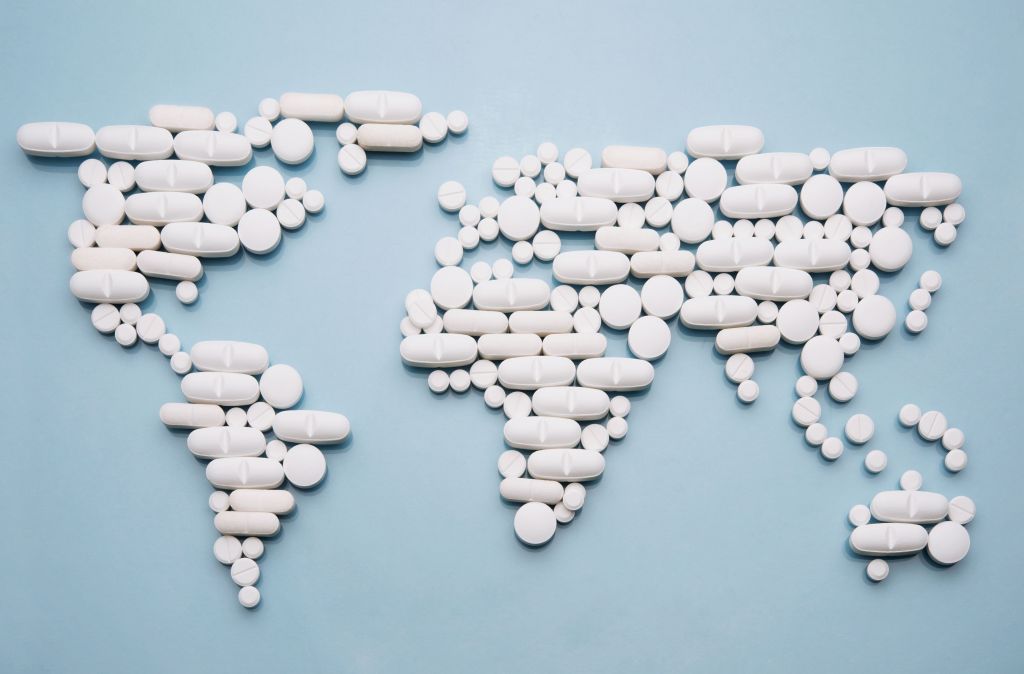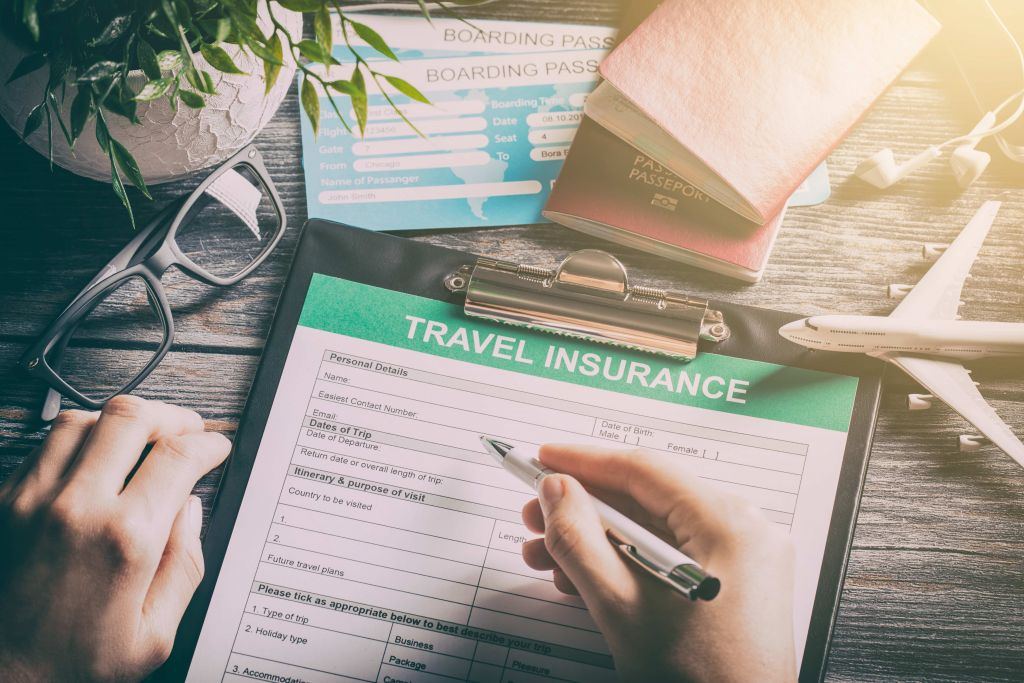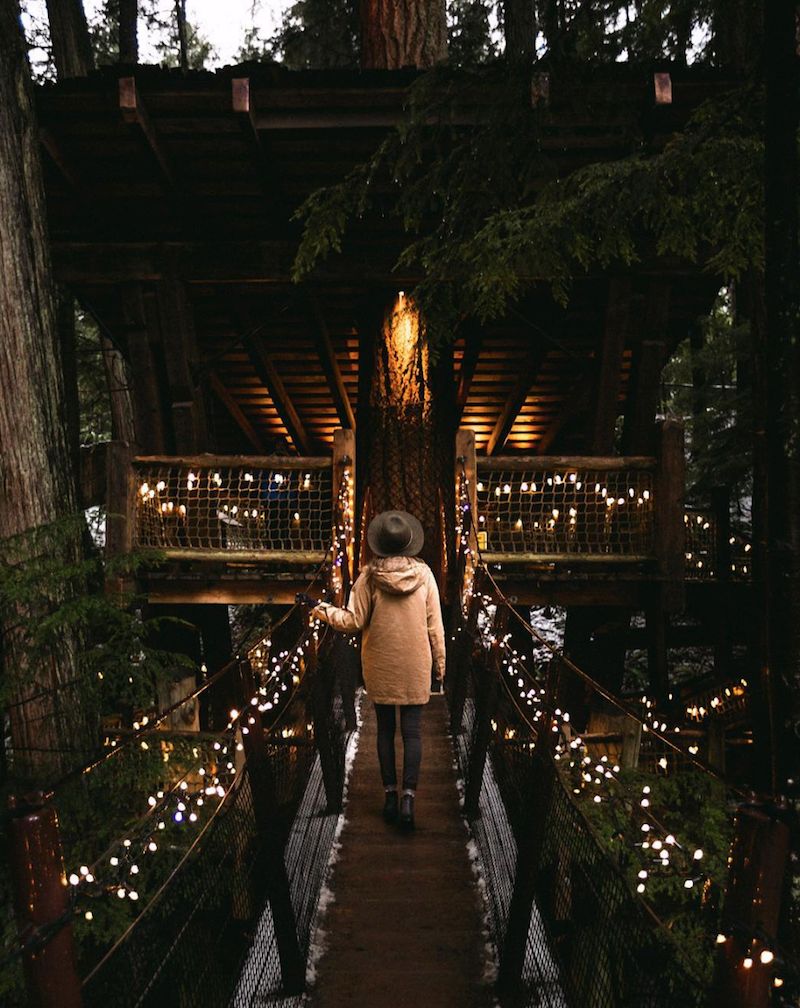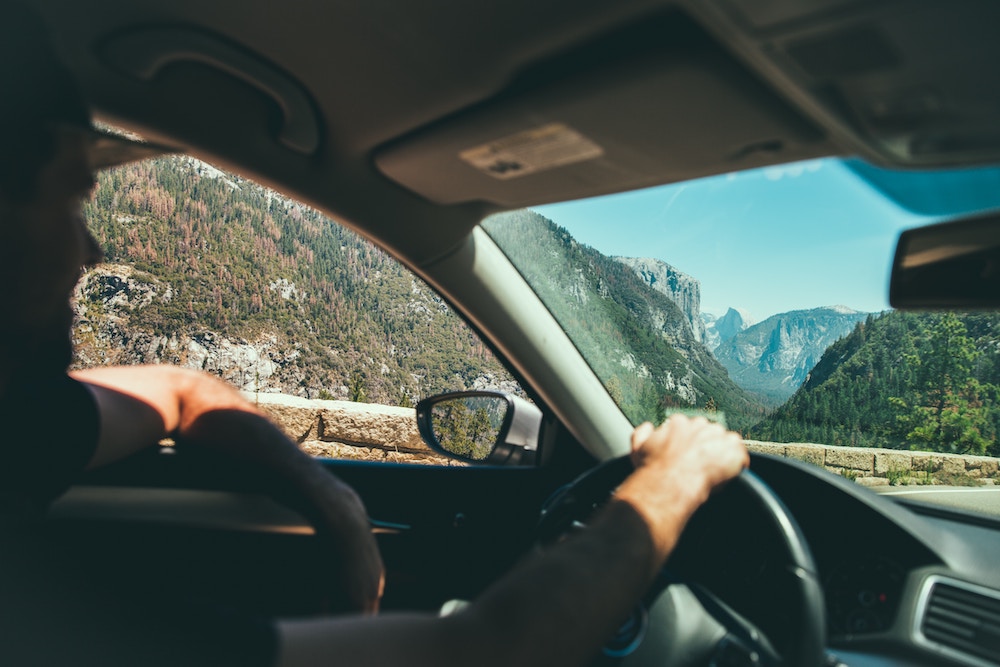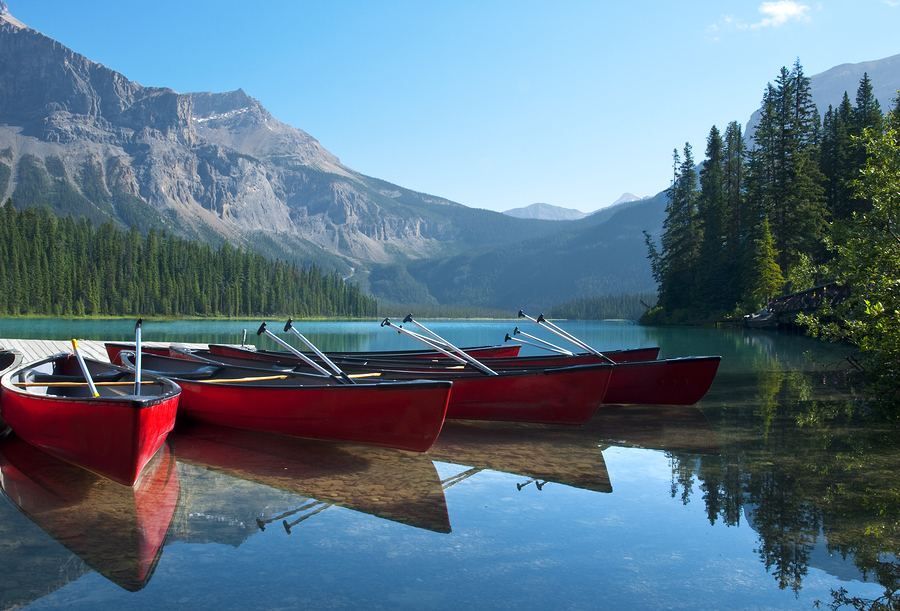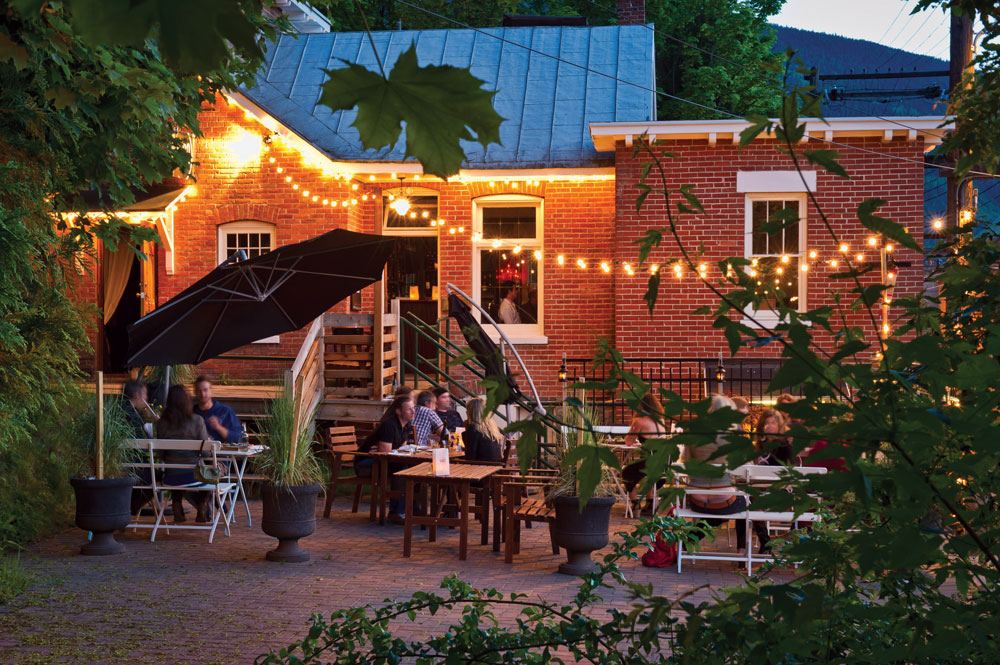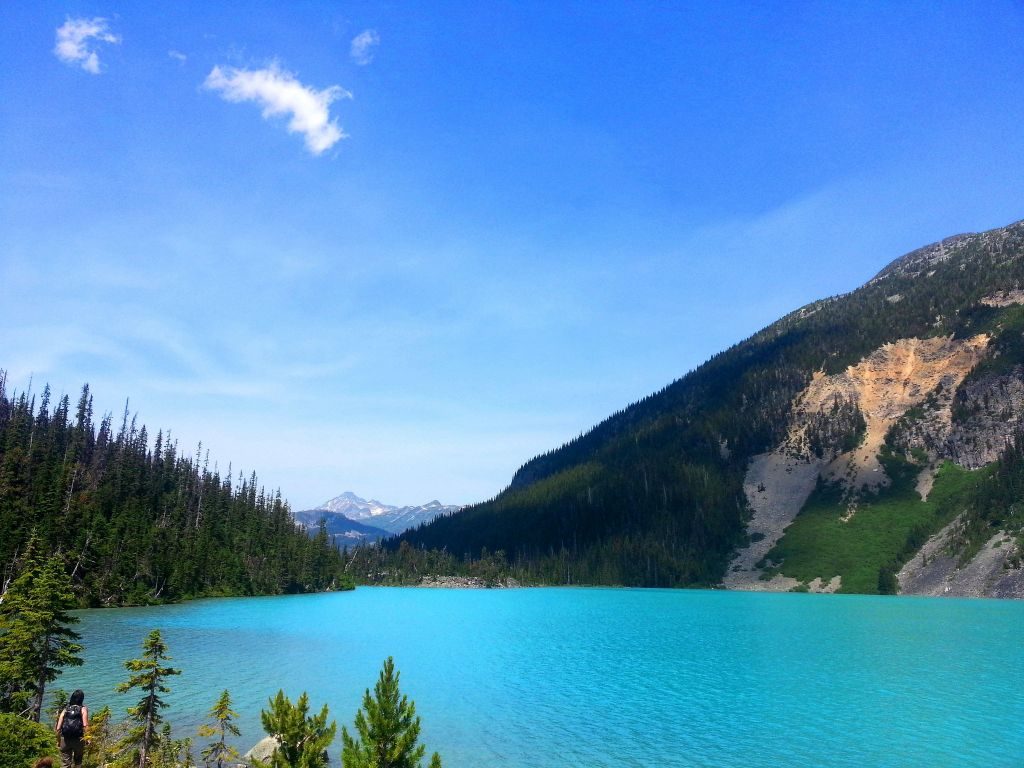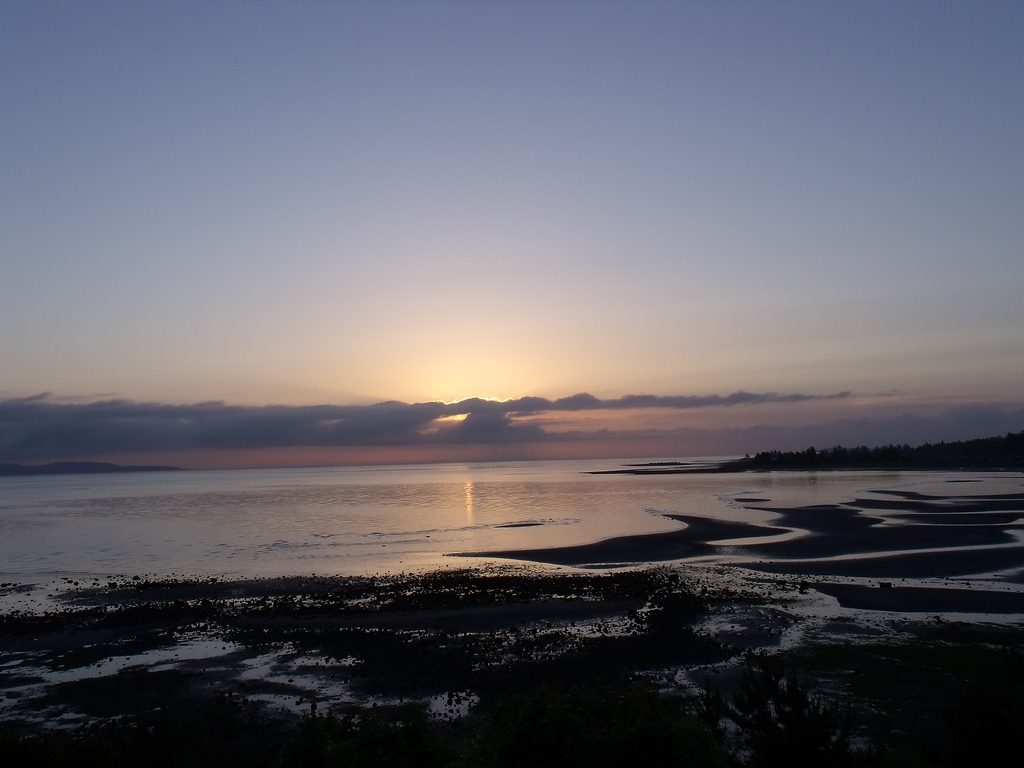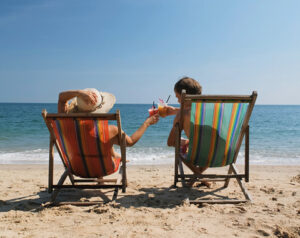 Contaminated food and water cause a wide variety of illnesses worldwide, the most prevalent of which is traveller’s diarrhea. It is important to remember that many countries do not have a safe supply of water for drinking or washing like we do in Canada, and it is up to all travellers to educate themselves on how to reduce their risk. A good place to start is with a basic hygiene routine that includes washing hands with soap and water prior to preparing or eating food and after using the washroom. If water is not available, the use of alcohol-based sanitizers is a suitable alternative. Use a palmful of sanitizer and rub all surfaces of the hands, including between fingers and under nails.
Contaminated food and water cause a wide variety of illnesses worldwide, the most prevalent of which is traveller’s diarrhea. It is important to remember that many countries do not have a safe supply of water for drinking or washing like we do in Canada, and it is up to all travellers to educate themselves on how to reduce their risk. A good place to start is with a basic hygiene routine that includes washing hands with soap and water prior to preparing or eating food and after using the washroom. If water is not available, the use of alcohol-based sanitizers is a suitable alternative. Use a palmful of sanitizer and rub all surfaces of the hands, including between fingers and under nails.
BOIL IT, COOK IT, PEEL IT, OR FORGET IT!
This saying reminds us of the basic safe practices and principles for eating while travelling. Unsafe food and beverages may be contaminated with bacteria, parasites, or viruses.
Tips for food safety:
• Try to eat hot, fresh, well-cooked food and avoid food left out at room temperature.
• Avoid consuming raw or undercooked meat, fish, or seafood.
• Fresh fruit and vegetables should be washed in safe water, or you should peel them yourself.
• Avoid salads if you are unsure about whether they were cleaned in a produce wash with safe water.
• If you are unsure about what foods might be safe when on the go, carry store-bought packaged snacks with you.
Tips for water safety:
• Commercially sealed beverages—such as water, soda, alcohol, etc.—are considered safe.
• Tap or other fresh water should be purified with chemicals, UV light, filtration, or boiling for one minute before using.
• Beverages are not the only unsafe water source, as lakes, rivers, and streams can also be contaminated and can cause serious illness if ingested through the mouth or nose, even while swimming.
Despite the above measures, there are still risks of becoming sick. This is where vaccines can help. They reduce that risk and protect you from getting ill. According to the Centers for Disease Control and Prevention (CDC) in the United States, traveller’s diarrhea, a gastrointestinal illness, is the most common travel-related illness, affecting 30% to 70% of travellers, depending on destination and season. It is most often caused by food and beverages contaminated with bacteria. It can happen anywhere, but it is most common in the Middle East, Asia, Latin America, and parts of Africa. The biggest risk with traveller’s diarrhea is dehydration, especially in children.
Symptoms of traveller’s diarrhea include:
• loose, watery stools
• nausea
• stomach cramps
• fever, which is usually mild and resolves within a couple of days
Prevention strategies include washing hands often, choosing safe foods and beverages, brushing teeth with bottled water, and receiving a vaccine if desired. Dukoral® is a vaccine formulated to protect against for two types of severe diarrhea; a specific type of E. coli bacteria (LT-producing ETEC) responsible for most traveller’s diarrhea and Vibrio cholerae the bacteria that causes cholera. Cholera is a severe diarrhea infection caused by the bacterium Vibrio cholerae and that is prevalent in areas with contaminated water supplies and inadequate sanitation. Two doses of the vaccine are needed to provide protection of three to six months of protection from ETEC and up to two years for cholera. The first dose should be taken at least 14 days prior to travel and the second dose a week later. Future trips may only require a single booster dose depending on how long ago the previous dose was.
If you do happen to experience traveller’s diarrhea, treatment usually consists of:
• drinking safe beverages or oral rehydration salts (examples: Gastrolyte®, Hydralyte®, Pedialyte®)
• taking anti-diarrheal medication such as loperamide (Imodium®) or it’s a generic)s) version for long bus, car, or plane rides where you will not have access to a bathroom
• in severe cases, antibiotics can be prescribed by a healthcare provider
If you are planning to visit an area known for traveller’s diarrhea, consider asking your pharmacist or doctor for a prescription of antibiotics so you have the medication with you if you need to take it. It is important to be aware that some antibiotics can cause side effects such as sun sensitivity. Your pharmacist will review all side effects and precautions with you.
SAFETY FIRST
If you are planning a trip, schedule an appointment with a healthcare provider who specializes in travel medicine, or speak to your physician. It is best to schedule an appointment at least four to six weeks prior to travel, as some vaccines need multiple doses for maximum protection. Travellers with shorter timelines are still encouraged to contact a healthcare provider to discuss options.
All our pharmacists can provide general travel tips such as non-prescription medications and products to include in your travel first aid kit. They can also offer guidance on any prescribed medications and vaccines. If you want to purchase Dukoral® vaccine to prevent traveller’s diarrhea, it is often available to purchase without a prescription at the pharmacy counter after a short consultation with a pharmacist. However, insurance claims may require a doctor’s prescription for coverage.
For specialized travel health recommendations, schedule an appointment at one of our Travel Clinics at select London Drugs pharmacy locations. Our London Drugs Travel Clinic Pharmacists have completed additional training and have obtained their Certificate in Travel Health™ from the International Society of Travel Medicine (ISTM). During your appointment they can will provide you with comprehensive travel advice tailored to your specific itinerary as well as vaccines and medicines to help keep you safe and healthy on your trip. Visit LDTravelClinics.ca for more information about this service our London Drugs Travel Clinics and for a list of our Travel Clinic locations. We want to help you enjoy a safe and healthy vacation.

